Introduction
Business Valuation Consultant Services are frequently needed by companies and individuals. Sometimes, this need arises for specific purposes, such as for sale or acquisition; other times, it might be due to internal reasons, such as the acquisition of shares by a co-owner or for inclusion in a financial statement. Whatever the reason, there are many ways a business can be valued. Overall, there are a handful of common reasons why business owners need to evaluate the worth of their company:
- Looking to sell your business
- Looking to merge or acquire another company
- Looking for business financing or investors
- Establishing partner ownership percentages
Business valuation consultant services will vary depending on the specific scenario. Different business valuation methods will be preferable in different scenarios, and the best approach will depend on reasons for valuation, the size of your business, industry, and other related factors.
A business valuation consultant uses a set of processes and procedures to determine the economic value of an entity. There are standards that the business valuation consultant must establish at the beginning of the engagement.
The first part of a business valuation consultant process involves collecting the necessary documents from the client, including transaction details, historical financial statements, going forward plans & projections, debt details & rate of interest, and restricted cash flows.
The next step is to conduct industry and economic analyses, as well as a comprehensive financial analysis of the company. It is important to understand the profit & loss and balance sheet projections carried out by the management, discuss any abnormal trends, and provide adequate documentation in the report.
There are three primary approaches that a business valuation consultant must consider during a valuation engagement: the income approach, market approach, and asset approach. Each of these approaches has multiple methods that can be used to value a business.

What are the Methods of Valuation?
There are numerous ways a company can be valued & details are given below:
Market Capitalization
Market capitalization is the simplest method of business valuation. It is calculated by multiplying the Company’s share price by its total number of shares outstanding.
Discounted Cash Flow (DCF) Method
This method is based on projections of future cash flows, which is discounted on the basis of calculated cost of capital considering beta, risk free return, market risk.
Book Value
This is the value of shareholders’ equity of a business as shown on the balance sheet statement. The book value is derived by subtracting the total liabilities of a company from its total assets.
Liquidation Value
Liquidation value is the net cash that a business will receive if its assets were liquidated and liabilities were paid off today.
Revenue Multiplier
Under the revenue multiplier business valuation method, a stream of revenues generated over a certain period of time is applied to a multiplier which depends on the industry and economic environment.
Earnings Multiplier
Under the Earnings multiplier business valuation method, earnings generated over a certain period of time is applied to a multiplier which depends on the industry and economic environment.
Instead of the revenue multiplier method, the earnings multiplier may be used to get a more accurate picture of the real value of a company, since a company’s profits are a more reliable indicator of its financial success than sales revenue.
The final steps of valuation is understanding business valuations relate to the approaches applied to determine the value of your company and the discounts made to reach the final value of the interest.


